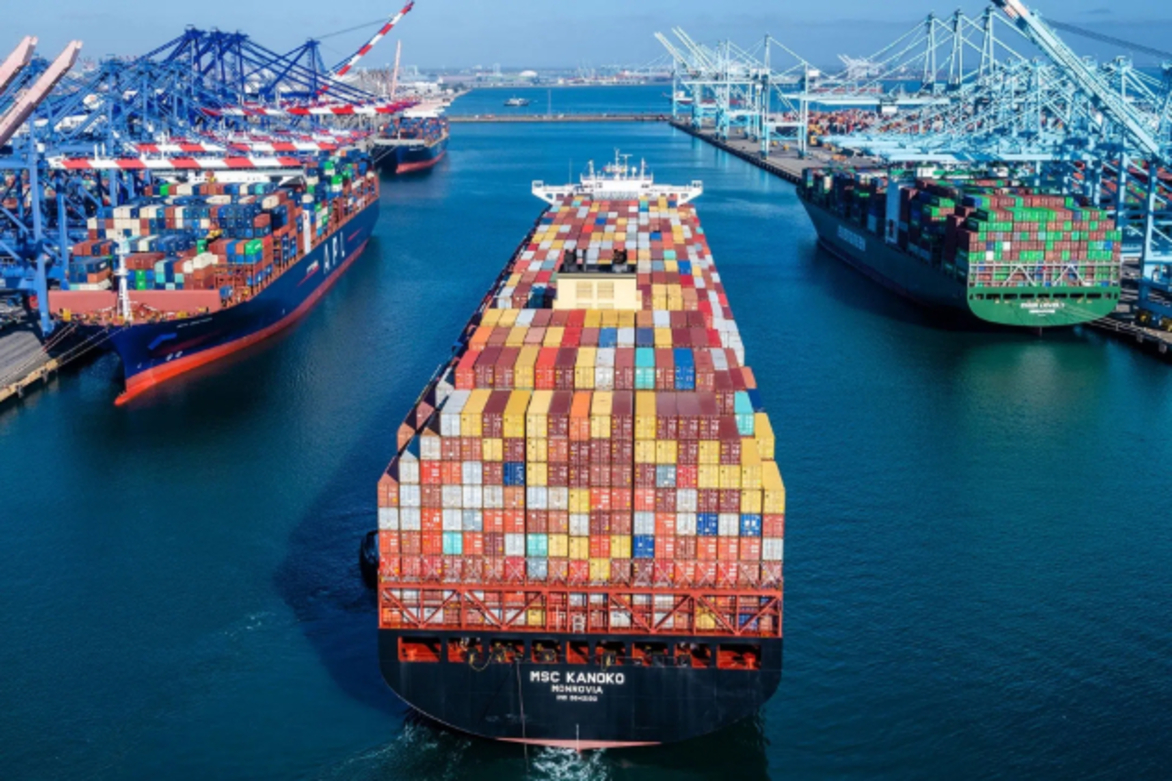Japan’s trade gap grows, but US exports bring relief
Robert Besser
25 Apr 2025

TOKYO, Japan: Japan had a trade deficit in the past fiscal year, but made a trade surplus with the U.S., the Finance Ministry said last week.
Japan's total trade deficit for the year ending March was 5.2 trillion yen (US$37 billion). This is the fourth consecutive year that Japan has had a trade deficit.
However, Japan's trade surplus with the U.S. grew to 9 trillion yen ($63 billion).
U.S. President Donald Trump is unhappy about Japan's large exports to the U.S., and Japanese officials are now in Washington to discuss it. Japan is a close U.S. ally and has invested heavily in America, creating many jobs.
On April 2, Trump said he would add a 24 percent tax on goods from Japan as part of broader tariff increases on many countries. After financial markets reacted badly, he delayed some of the tariffs for 90 days, but raised taxes on Chinese goods to as high as 145 percent.
Japan still has a 10 percent basic tariff and an extra 25 percent tax on cars, car parts, steel, and aluminum. These taxes started recently and are a serious challenge for Prime Minister Shigeru Ishiba.
Some experts think Japan might offer unexpected trade deals, such as buying more American rice. Rice is vital in Japanese culture and is usually protected from foreign competition, but a recent rice shortage is driving up prices.
Japan's exports rose 5.9 percent over the past year, thanks to strong sales of computer chips and cars. Imports also went up by 4.7 percent, and the weaker yen made imports more expensive.
More tourists visiting Japan also helped export numbers, since their spending is counted as exports.
In March alone, Japan had a trade surplus of 544 billion yen ($4 billion). Exports rose almost four percent compared to the previous year — the sixth month in a row with growth, though slower than February.
Exports to the U.S. increased by three percent, sales to Asia grew by 5.5 percent, and exports to China dropped. Meanwhile, shipments to Hong Kong, Taiwan, and South Korea increased sharply.
Economist Min Joo Kang said this may be because Japanese companies are shipping goods through other Asian countries to avoid U.S. tariffs.
